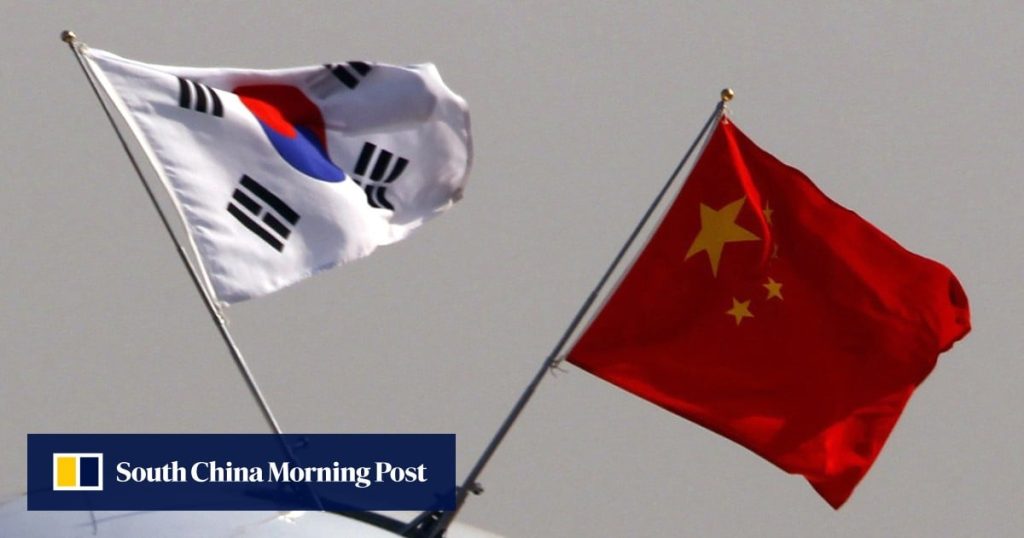With Yoon Suk-yeol gone and a snap election looming, South Korea finds itself ever more squeezed between Washington and Beijing as the trade war drums beat louder.
The nation now faces a choice: lean closer to its security ally, the United States, or nurture its vital trade ties with China.
Analysts, however, suggest that this political upheaval in Seoul is unlikely to fundamentally alter South Korea’s diplomatic balancing act. They argue that the escalating trade friction, which is pressuring Asian nations to pick sides between the world’s two largest economies, will not significantly sway Seoul’s overall approach.
The snap election was triggered by Yoon’s dramatic downfall. The conservative former president was removed from office by the courts earlier this month following a tumultuous period that saw him briefly declare martial law in a bid to cling to power and defy impeachment proceedings.
This political chaos has left Asia’s fourth-largest economy without a firm hand at the helm, precisely as the trade war begins to erode its crucial export sector.

But Foreign Minister Cho Tae-yul offered a message of continuity on Wednesday. He said the trade disruption would not halt the deepening engagement with China – South Korea’s most significant commercial partner – nor would it damage the crucial relationship with the US, which provided Seoul a security umbrella against the nuclear threat from North Korea.


